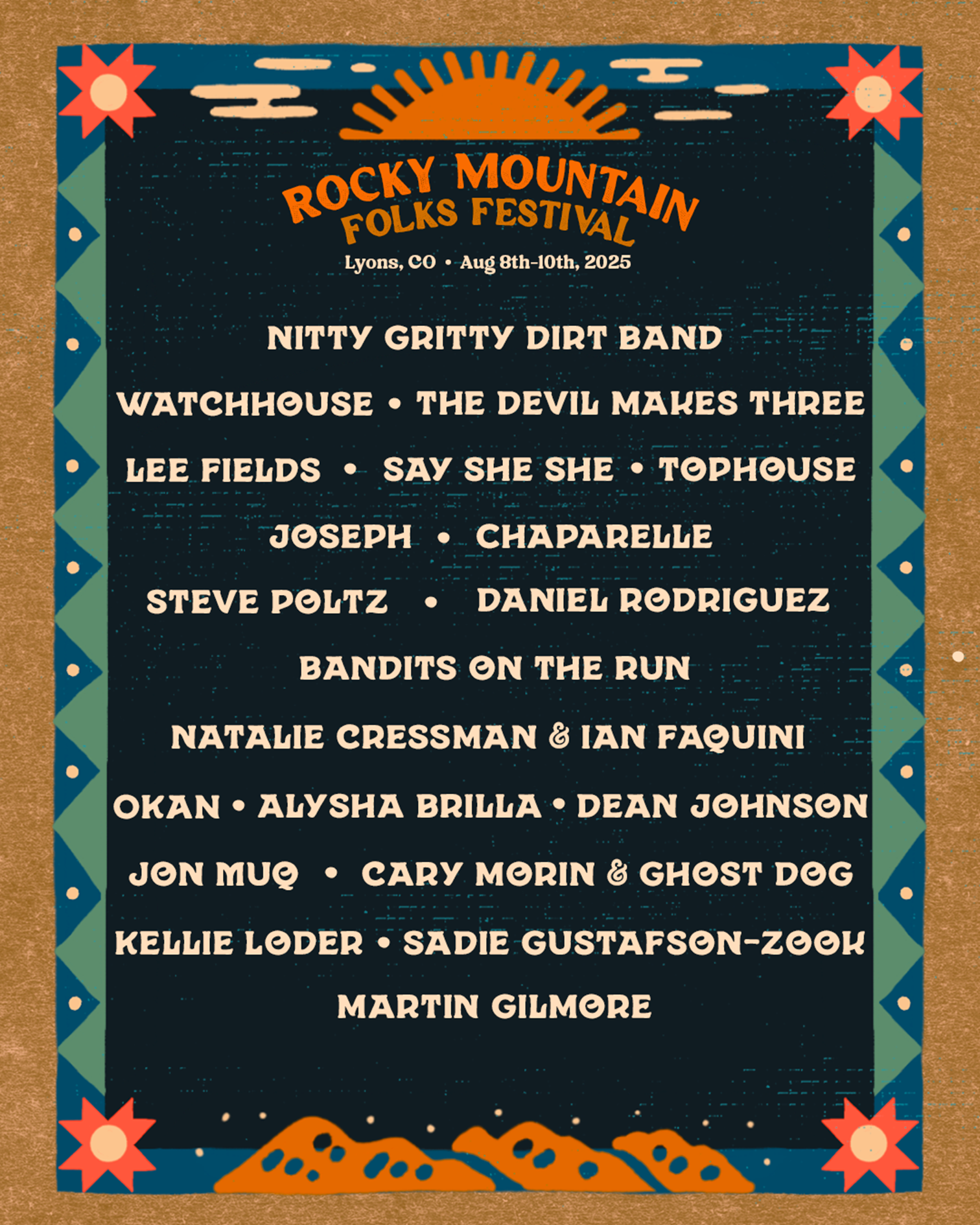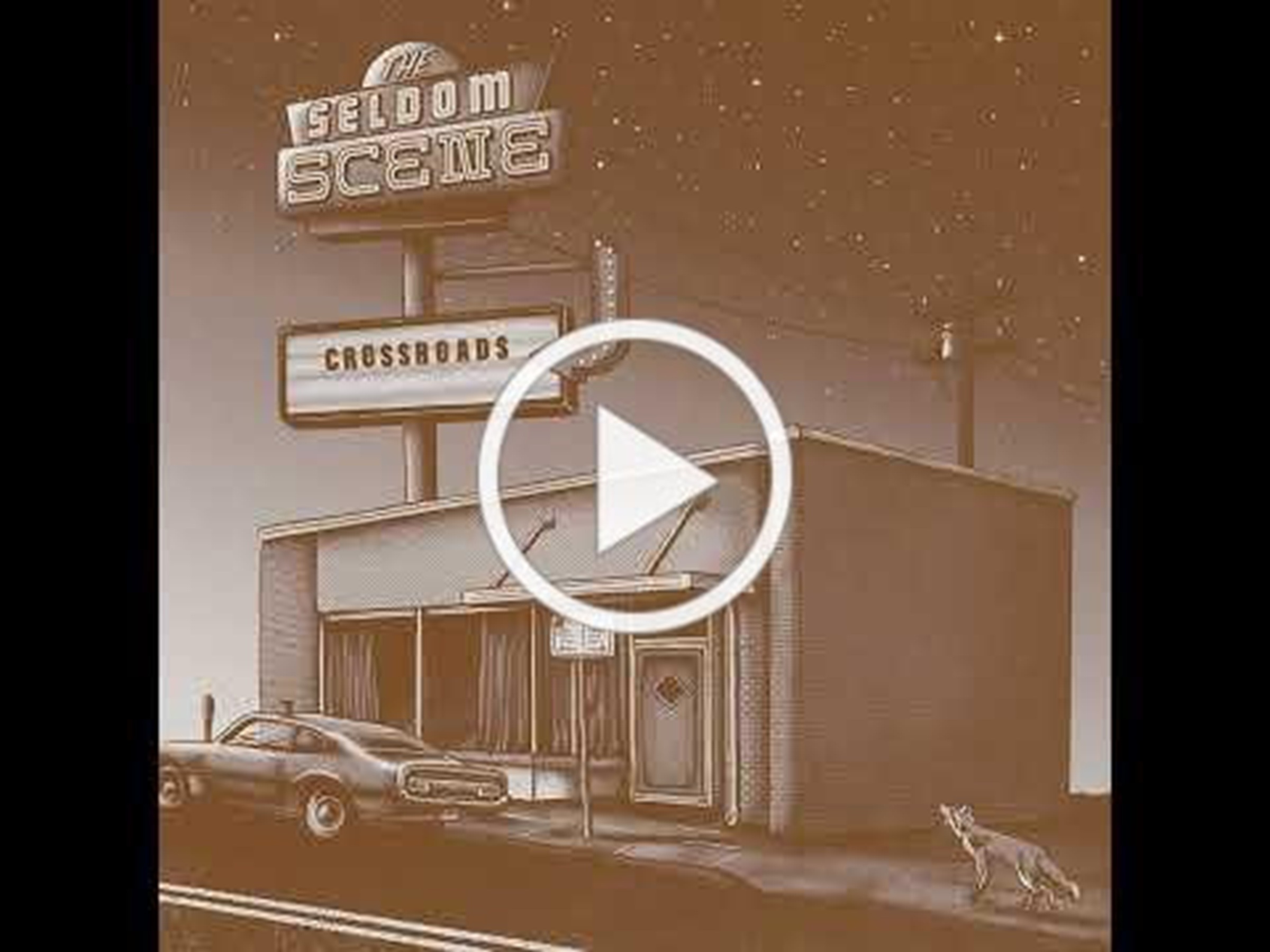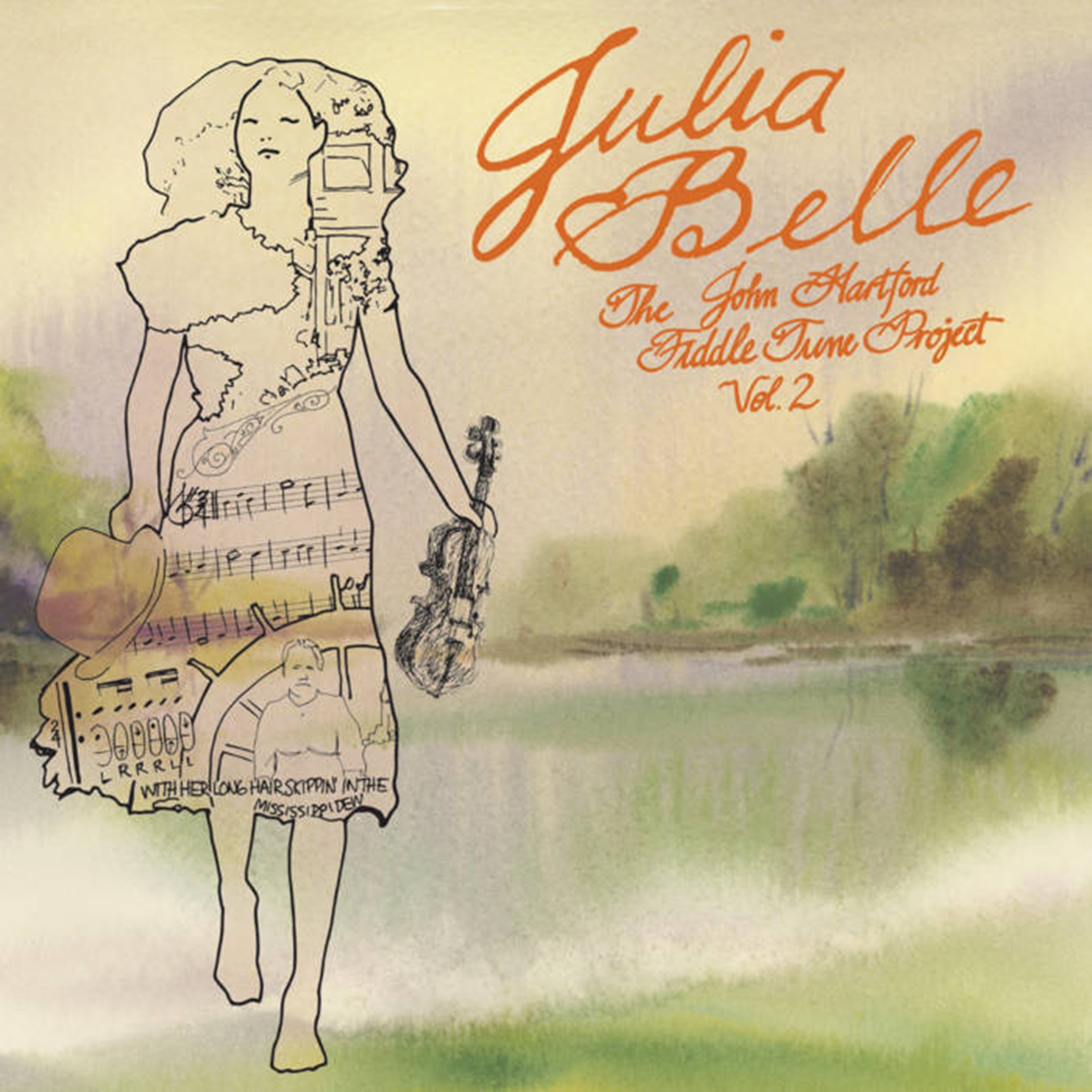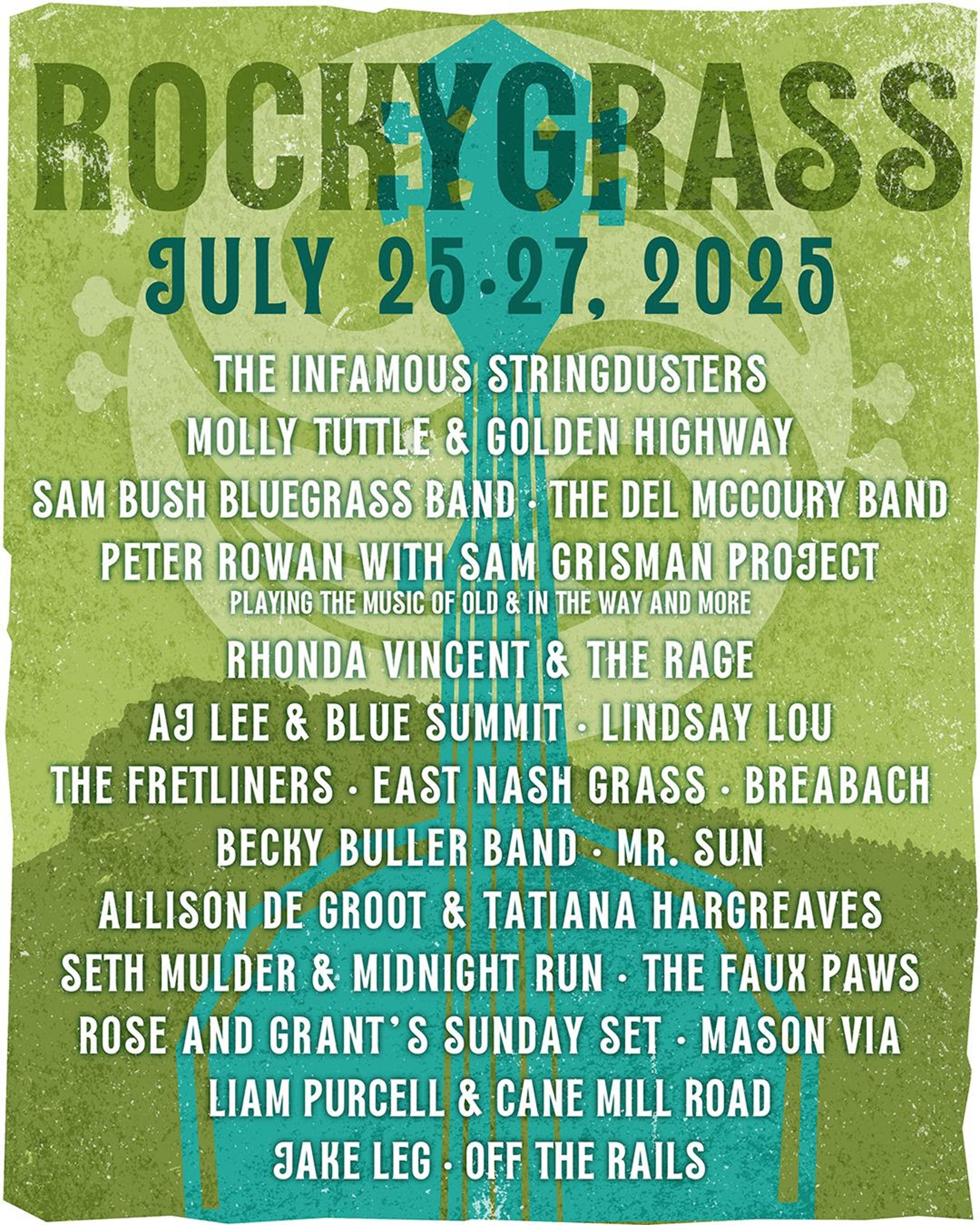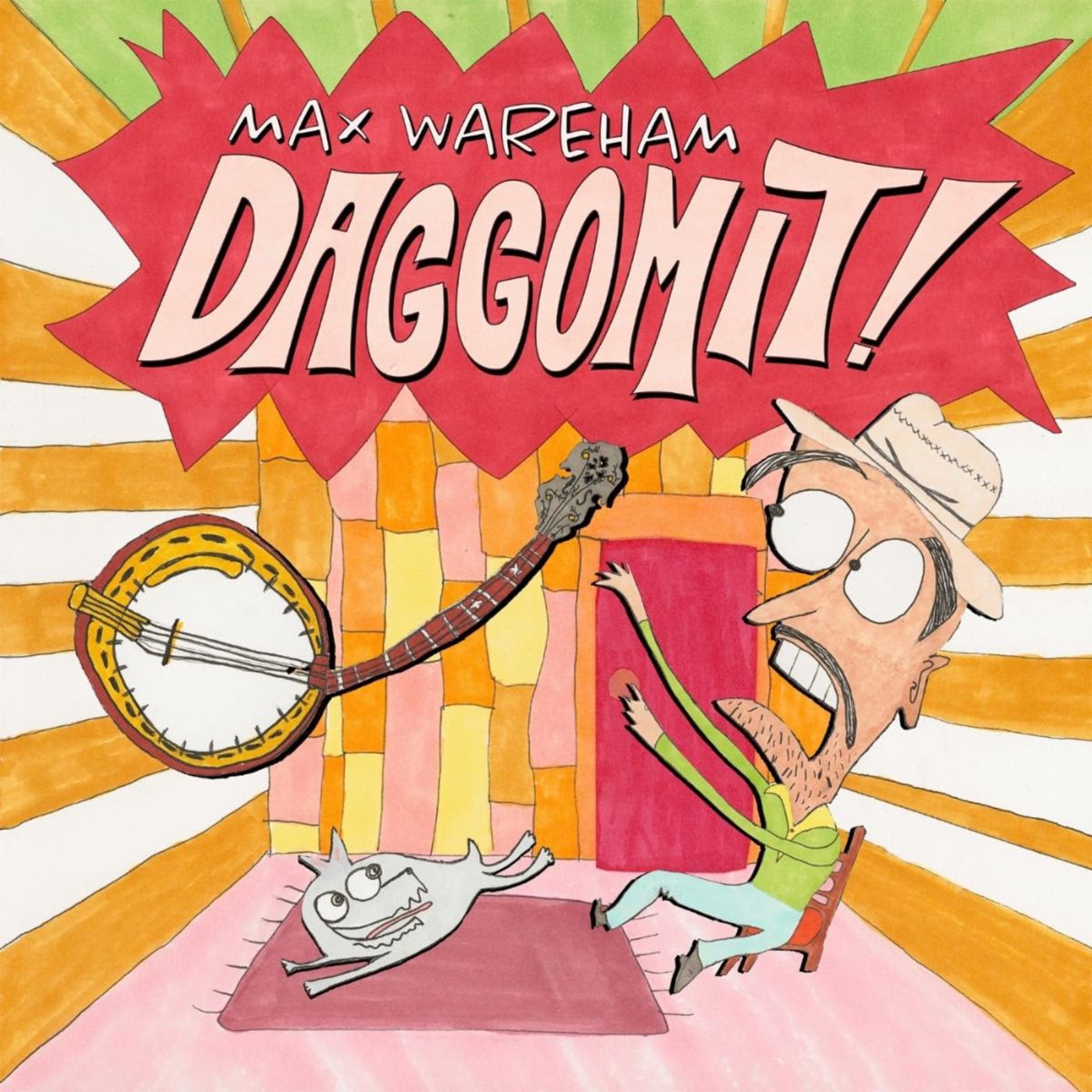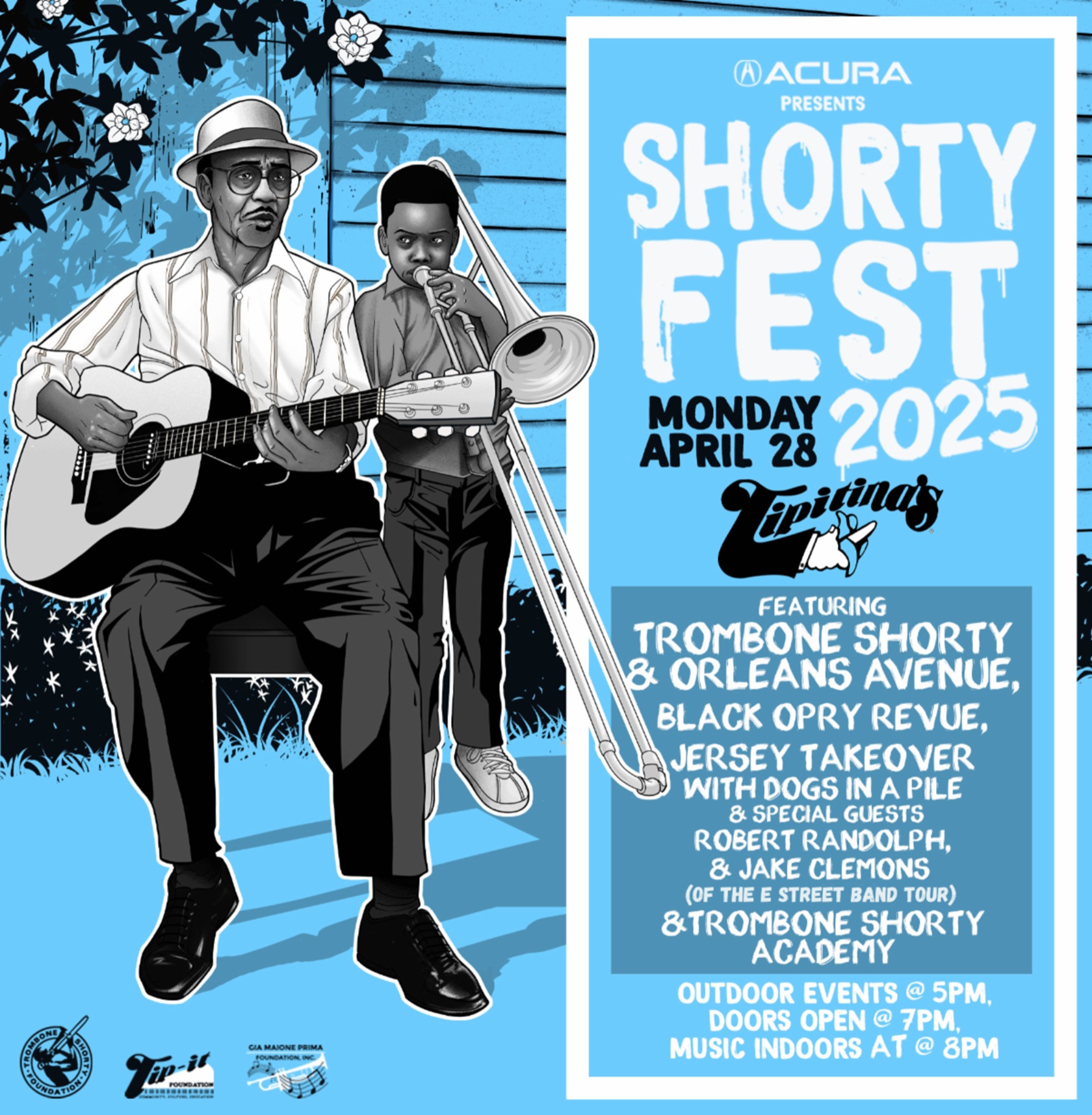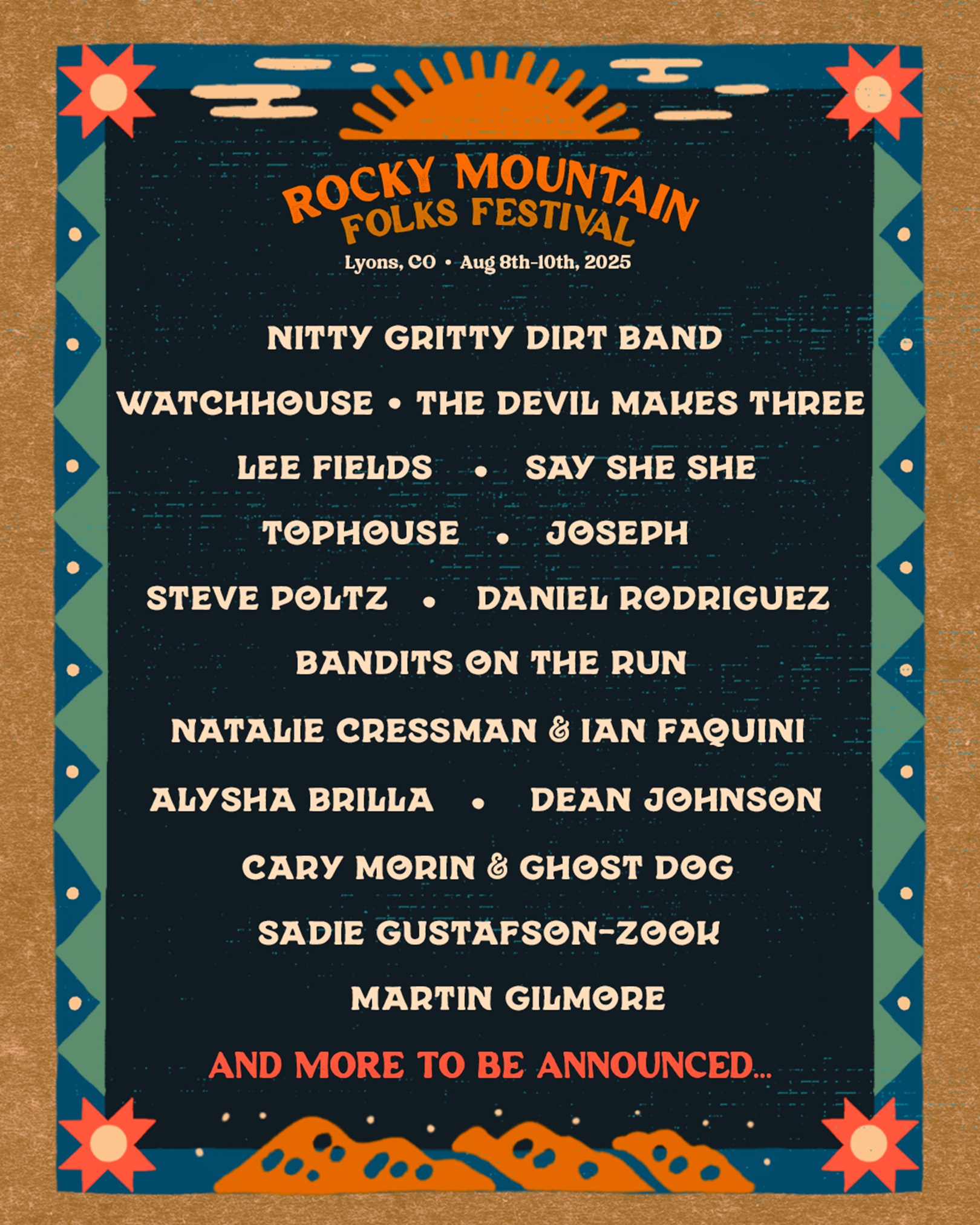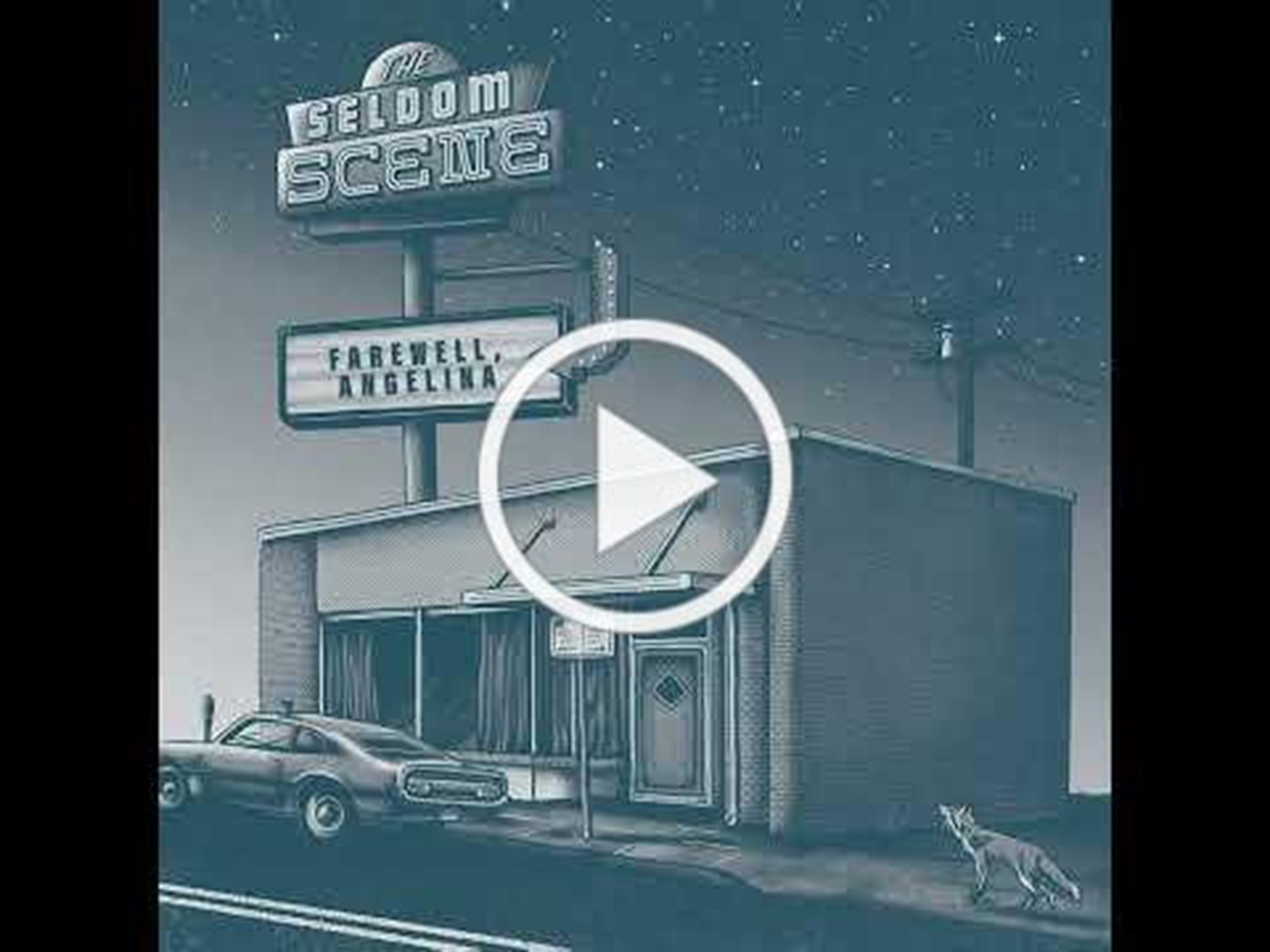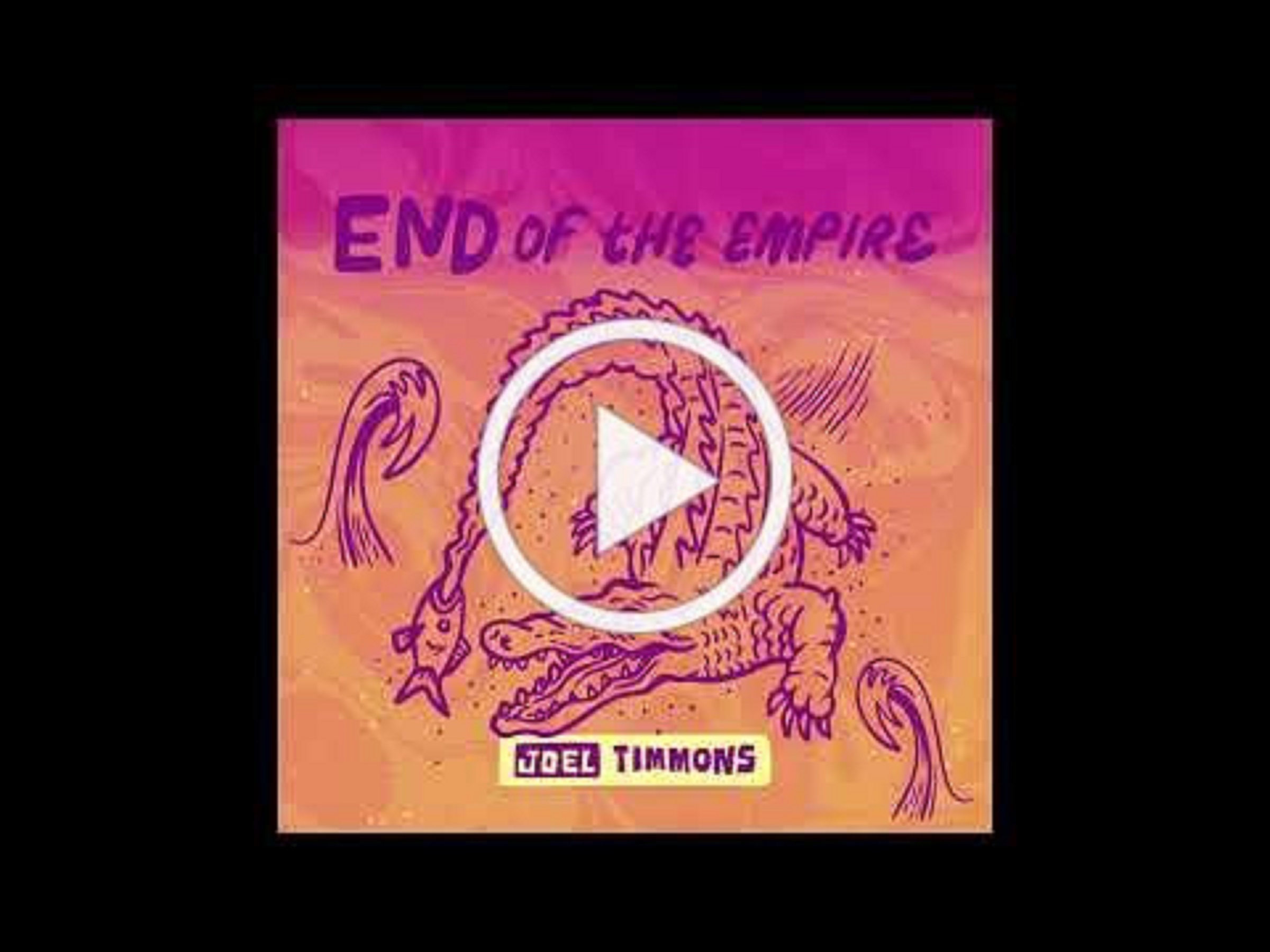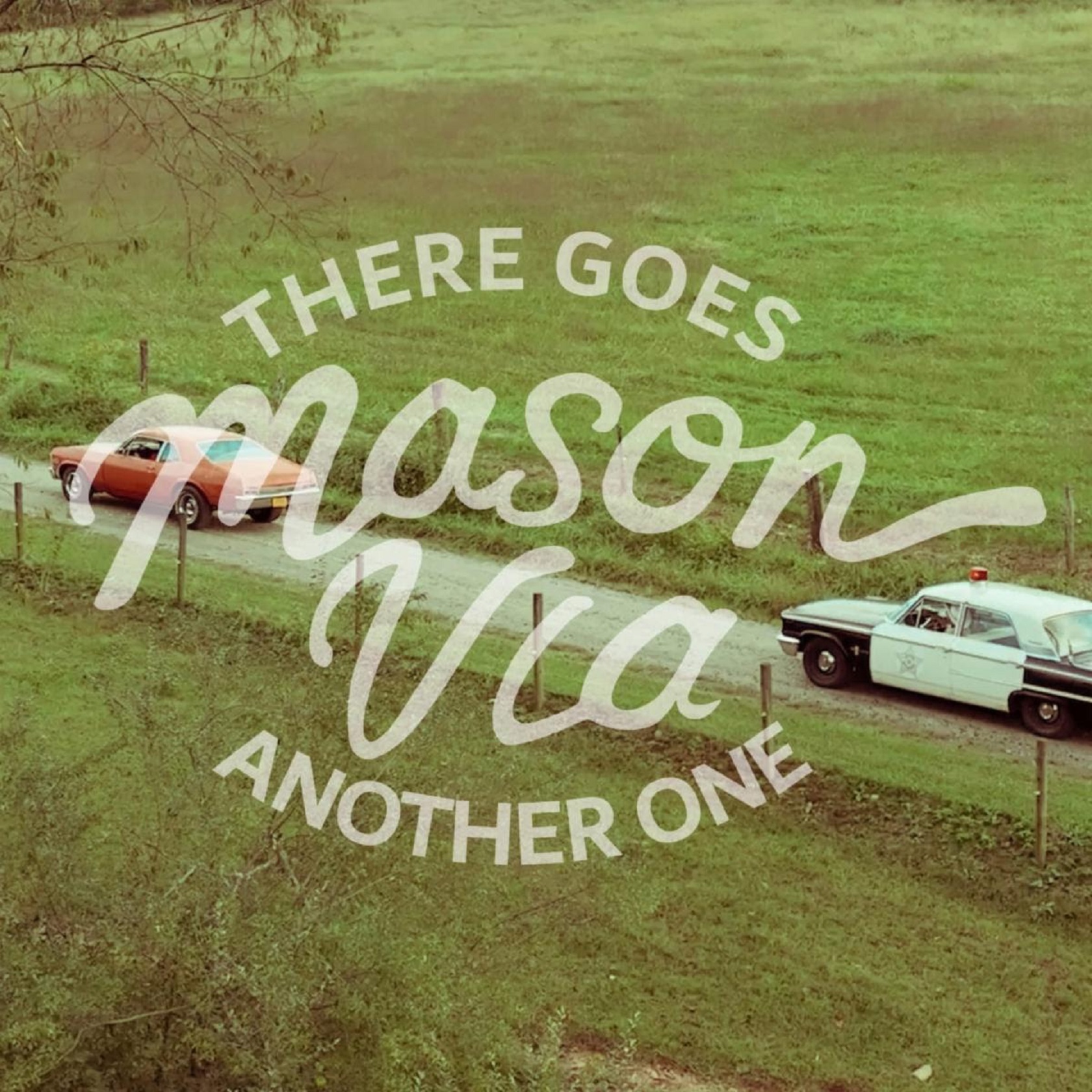It took Amy Speace just a day and a half to record her new album, Tucson, out April 8 via Proper Records/Windbone Records. Don’t think it’s some rush job, though—Speace spent most of her life finding her way to write it.
The award-winning, critically revered singer follows up on her acclaimed 2021 album, There Used To Be Horses Here, with a new, seven-song collection of Speace’s most intimate material yet. While long known for penning emotional, often personal folk songs with strong narrative bents, Speace lays herself bare on Tucson in a way she’s never done before, for an album that, in some ways, serves as a reintroduction to one of our finest songwriters, two decades into an already remarkable career.
The first single “Cottonwood,” available everywhere now, is an intentional introduction to the album as a whole in that the song’s title comes from the name of a treatment center, Cottonwood de Tucson, in Tucson, Arizona where Speace spent time in July of 2020 working through grief, depression, anxiety, and past abuse. The song grapples plainly with the long-lasting effects of being date raped at age 19. “Here I am face to the floor, again,” she sings, before offering a quiet plea for peace. “All the hurt I’ve carried ‘round, for 50 years it’s weighed me down,” she continues, with a slight quaver in her voice. “I felt more lost out there than found, there’s no one left to blame.” At the track’s crescendo, Speace offers excruciating details of her attack, and subsequent violations she allowed, common in trauma, before admitting that she’s “tired of this masquerade.”
She arrived at Cottonwood without a voice, literally and figuratively, but found an out of tune piano during her first two weeks of treatment and this song came pouring out. “It’s a love song, in a sense, to the place that healed me,” says Speace. On Friday, American Songwriter debuted the video for “Cottonwood” in conjunction with an interview in which Speace outlined inspiration and intent for the album as a whole. Read the interview and watch the video here. Preorder or pre-save Tucson with this link.
Fans of Speace have grown accustomed to her laying it all out on page and in song. It’s part of what defines her songwriting and artistry: sharing the very private with the very public. “All of my records have an honest vulnerability, and touches of autobiography,” Speace says. “But I’ve never done an album like this.”
Speace recorded Tucson alongside Neilson Hubbard, Josh Britt and Ben Glover (collectively called The Orphan Brigade) whom she describes as her “musical soulmates.” The album traces its roots back to a pivotal, traumatic moment in Speace’s young life, when she was date raped at the age of 19 in her freshman year at college. The event happened while Speace, now a recovering alcoholic with over eight years of sobriety under her belt, was blacked out, and though she remembers little of the night itself, its effects quickly took a toll on her mental and physical health.
The cycle began with this capital T trauma which then forced Speace into a decades-long tailspin of self-preservation and over achievement, a familiar armor to anyone who has experienced a similar trauma. In 2013, she found sobriety and says that decision led “something to shift.” Not long after entering recovery, Speace met her husband, with whom she had a child, her first, in 2018. Things had moved in a positive direction for Speace, but she still struggled with unresolved trauma, which was compounded by both postpartum depression and the death of her father. Her father’s death, especially, brought back painful memories, many of which form the foundation of Tucson. Space wrote a lot about her father and his passing in her previous album, There Used To Be Horses Here (2021), which set the stage for Tucson in ways she wasn’t yet aware of while writing Horses.
Writing, recording and now releasing Tucson is a mask and armor removal for Speace, who never shies away from the raw vulnerability of the wrenching opening song, “Cottonwood.” “If You Fall” is a promise to stand firm with other trauma survivors, inspired by a particularly meaningful friendship Speace experienced at Cottonwood. “Little Red,” with its plaintive acoustic guitar and a particularly aching vocal from Speace, uses the story of “Little Red Riding Hood” as an allegory for living as a woman in a predatory world. “Why I Wake Early” takes its name from a Mary Oliver poem and was written in the wake of the late poet’s death. And on closer, Bruce Springsteen’s “My Father’s House,” Speace recalls her own childhood through Springsteen’s words, for a cover that expertly laments the specific, disorienting pain of losing a parent.
In addition to supporting Tucson, Speace— ever honing her craft—is currently working to earn an MFA in poetry. Writing is a sacred, healing act for Speace, and it’s safe to say that Tucson is the kind of record that will offer a healing space for listeners, too. At the end of the day, Speace just wants her listeners to find peace and connection in her music.
“To stand in my truth and talk about it, finally — it’s not like, ‘Yeah, this happened, I’m fine,’” she says. “I still don't know what to make of this and it still affects me. But I'm working through it, and I'm able to look at it. So, I realized there’s power in speaking the truth. And if I can talk about it—and it’s scary—maybe it will give someone else hope, too.”
About Amy Speace: Amy Speace is an award-winning, critically acclaimed singer-songwriter living in Nashville, TN. Since releasing her debut album Fable in 2002, Speace has been a mainstay in Americana and roots music, earning fans in living legends like Judy Collins, notching award wins (most recently, a 2020 Americana Music Award for the title track of 2019’s Me And The Ghost Of Charlemagne) and building deeply felt, artfully constructed catalog comprising 10 studio albums. Speace’s 10th and latest album, Tucson, follows her much-lauded 2021 release There Used To Be Horses Here, an album that grappled with the loss of Speace’s father while also celebrating the first birthday of her son. On Tucson, Speace dives into similarly emotional territory, this time opening up about the trauma she experienced as a survivor of college date rape and her subsequent winding journey to finding peace and healing. Speace recorded Tucson with longtime collaborators The Orphan Brigade (Neilson Hubbard, Ben Glover, Joshua Britt). In addition to her work as a musician, Speace is currently earning an MFA in poetry and works frequently with Songwriting With Soldiers.
Tucson tracklisting:
Cottonwood
If You Fall
Little Red
Blues For Joy
Why I Wake Early
The Offering
My Father’s House







